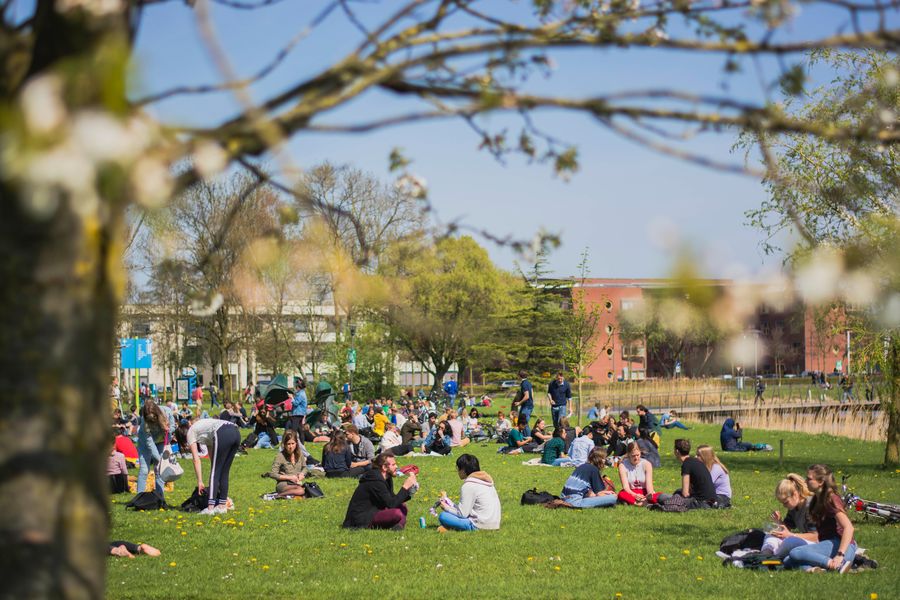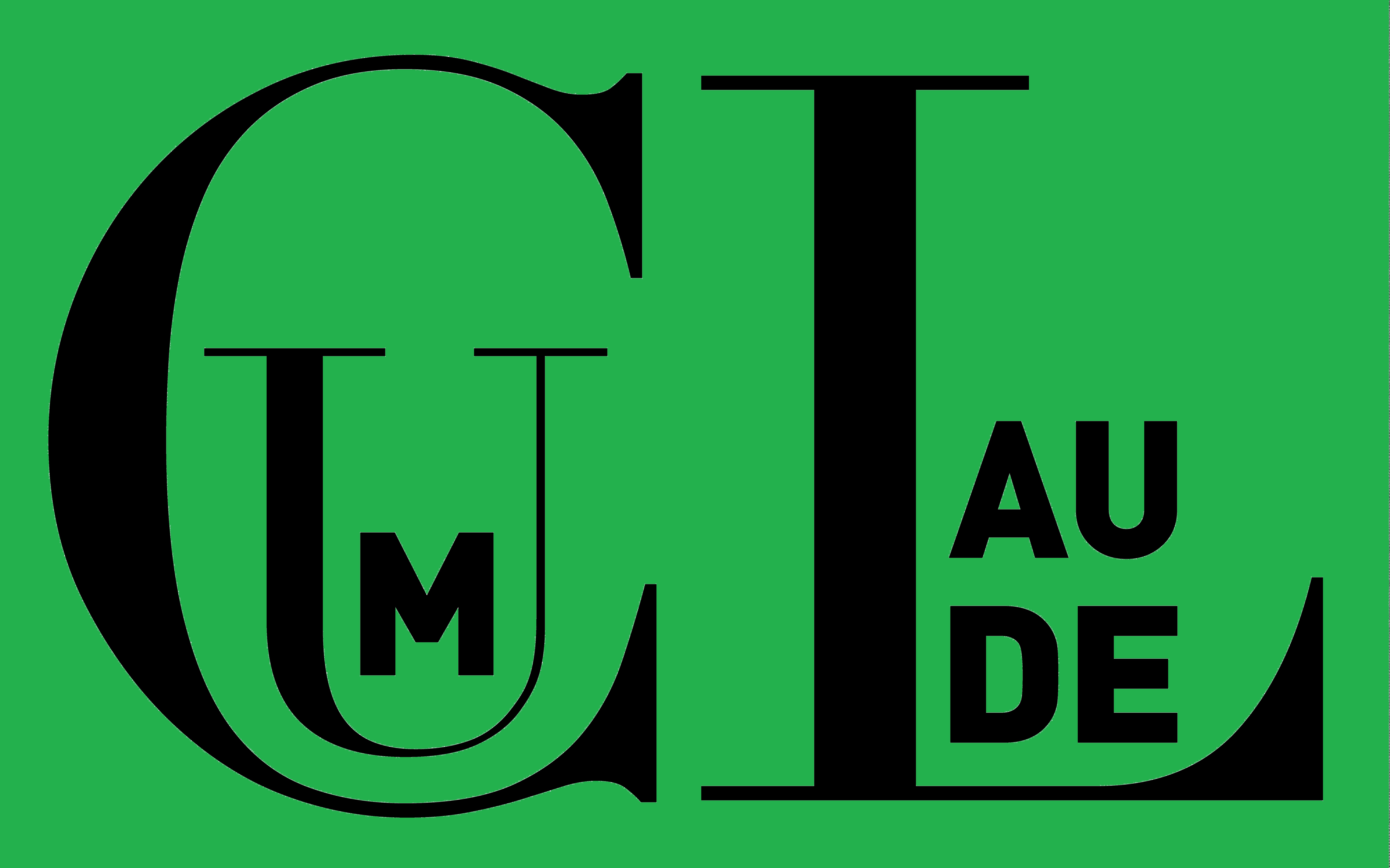International PhD students living on grants are struggling to make ends meet. Their grants were not a fortune to start with, but inflation is making things even harder. As a consequence, some PhD students are living below the lower income limit set by WUR for a PhD student.
PhD students on grants are not employed by the university: their PhD programmes are paid for by an external financier. WUR has a lot of these externally funded PhD students, many of whom come from China. Chinese scholarship students have to get by on 1350 euros a month. That is below the IND (Immigration and Naturalization Service) norm applied by WUR, which is 1450 euros per month. ‘And that’s where there’s a bottleneck,’ says rector magnificus Arthur Mol. ‘Because of the steep rise in inflation, some of the PhD students who started at WUR a few years ago are now on a lower grant than the current IND standard.’
Supplement
How big a group is affected is currently being studied. It may include several hundred out of a total of 2400 PhD students. According to figures from Universities of the Netherlands, nearly 40 per cent of PhD students at WUR are externally funded. Around 400 (nearly 17 per cent) of them are Chinese and came on a scholarship from the Chinese Scholarship Council.
WUR’s Executive Board is concerned about the plight of the affected PhD students. Mol says the Board is looking into the financial and fiscal scope for supplementing their scholarships, and is discussing the matter with the regional tax office. It is not clear yet whether the support is financially feasible for WUR, either. Mol: ‘That depends on the number of scholarship students living below the norm, and the period involved.’
The PhD interest group Promovendi Netwerk Nederland shares the concern about the difficulties faced by international PhD students on grants. The organization is planning a survey to get an overview of their working conditions and financial situations.

 Photo Marte Hofsteenge
Photo Marte Hofsteenge 

